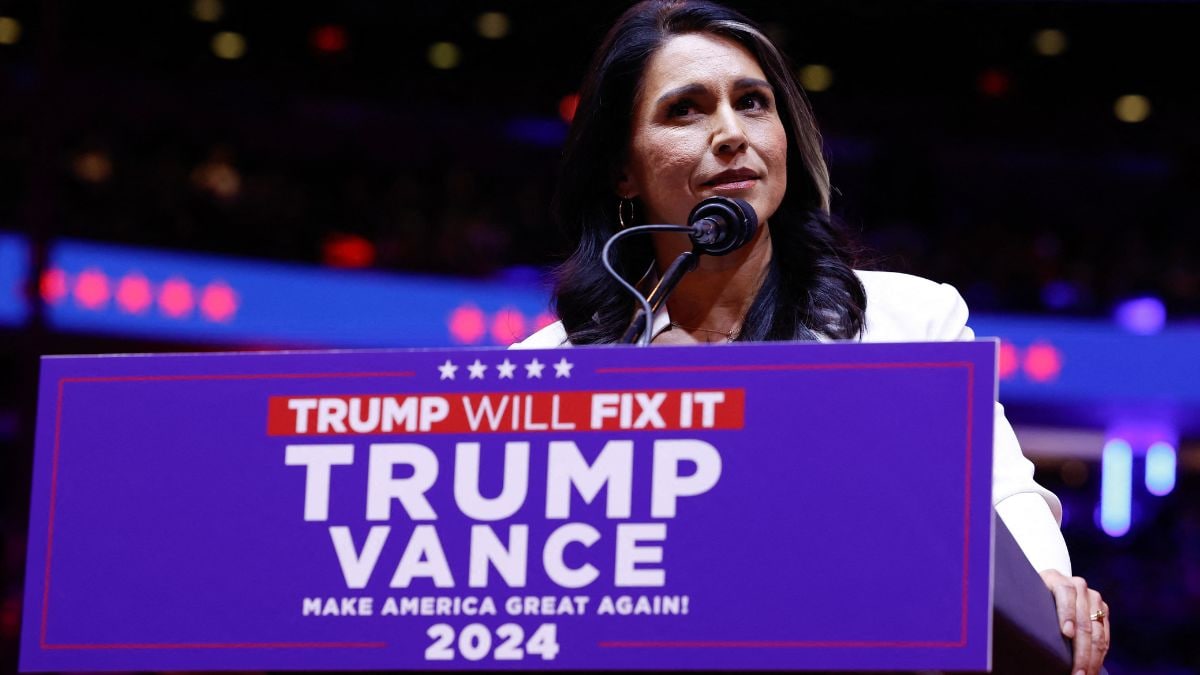
President-elect Donald Trump's nomination of Linda McMahon as secretary of education signals a potential shift toward integrating workforce credentialing into the broader educational framework. McMahon, co-founder of World Wrestling Entertainment and former Administrator of the Small Business Administration, brings a business-oriented perspective to the role. David Cumberbatch is pictured on Tuesday, September 10, 2024.
To one degree or another, both parties have seriously considered - and supported - that our education policy focuses on the future of workforce development. The bipartisan appeal of expanding Pell Grants to encompass workforce credentialing programs is evident. Former Secretary of Education Margaret Spellings and former governor of North Carolina Jim Hunt, both Democrats, advocated for such an expansion, emphasizing the need to align educational outcomes with labor market demands.
They argue that "investing in a skilled workforce is not a partisan issue; it's an American imperative." As with all good public policy, there must be guardrails. In this case, we need to set rules that do not allow for student exploitation by low-quality institutions and prioritize profit over student outcomes, leading to subpar education and significant student debt.
Expanding Pell Grants into workforce credentialing without stringent quality controls could inadvertently open the door to similar abuses. To mitigate these risks, a robust infrastructure for quality assurance is essential. Nonprofit-led initiatives like the Strada Education Foundation's CredLens and Educational Testing Service's FutureNav are critical.
CredLens plans to serve as a national hub for verified non-degree credential data, providing stakeholders with actionable insights to inform decisions and enhance education-to-employment pathways. CredLens empowers credential issuers and policymakers by offering verified outcomes data to make strategic decisions that strengthen the education-to-employment pipeline. Similarly, ETS's FutureNav is an innovative talent solution that offers actionable insights to guide talent acquisition, upskilling and reskilling.
It utilizes AI-driven insights at organizational, team, and individual levels to drive workforce development initiatives. By identifying skill gaps and supporting personal development, FutureNav aids talent retention and mobility, aligning workforce skills with market needs. While these initiatives hold promise, they are still in the scaling phase and require time to establish their full potential.
They will also need to be supported by substantial legislation and policy changes with careful consideration for protecting individual worker privacy and mitigating risks of bias and restricted access. The success of expanding Pell Grants into workforce credentialing hinges on the maturation of such quality assurance mechanisms. Without them, the system remains vulnerable to exploitation by unscrupulous entities seeking to capitalize on federal funds without delivering meaningful educational outcomes.
Indeed, the nomination of Linda McMahon as Secretary of Education, with her business background, presents an opportunity to reimagine a more substantial intersection of education and workforce development. The bipartisan support for expanding Pell Grants to include workforce credentialing reflects a shared recognition of the need to equip Americans with skills that meet the demands of the modern economy. However, this expansion must be approached with patience and caution.
Safeguarding the integrity of the U.S. education system and protecting students from potential exploitation necessitates a new quality assurance infrastructure enabled by solutions like CredLens and FutureNav.
Solutions like these must be fully developed and operational at a substantial scale (millions of users) to protect the U.S. education system's reputation and respect globally and students from potential exploitation.
As these initiatives continue to evolve, they will play a critical role in shaping a workforce development strategy that is both inclusive and effective. David Cumberbatch of Davenport is a member of the Political Focus Group at the Quad-City Times. Get opinion pieces, letters and editorials sent directly to your inbox weekly!.














